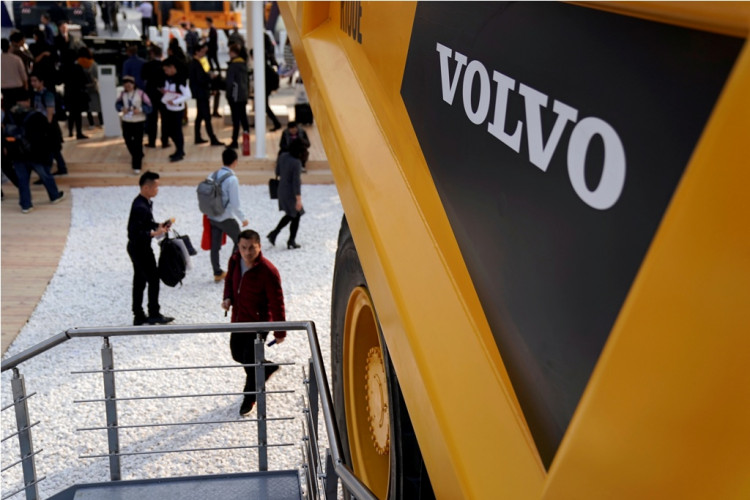Swedish luxury car maker Volvo Car Group, which has been a subsidiary of China's Zhejiang Geely Holding Group Co., Ltd (or Geely) since 2010, reported an 17.5% jump in operating profit for the fourth quarter of 2019.
Based in Gothenburg, Sweden, Volvo revealed an operating profit of $549 million compared to $467 million in Q4 2018. On the other hand, revenues rose 8.4% to $8.2 billion. Operating profit or EBIT (earnings before income taxes) measures the profits a company generates from its core business functions. It does not include interest and taxes.
On the other hand, EBITDA rose 18.8 percent to $970 million while EBITDA margin improved to 11.8% from last year's 10.8%.
Volvo traced the boost in revenue and operating profit to massive cost cutting that saved it more than $208 million. It also said this was due to expanding sales in its major markets that more than made-up for weak global auto markets still suffering from the impact of Trump's trade war against China.
Volvo Car's total retail sales raced ahead 16.5% to 197,748 units in Q4 2019 compared to 169,700 units in Q4 2018. China registered the strongest sales growth of 32.1% during the quarter. Volvo Cars sold 154,961 cars in China in Q4, an increase of 18.7%. In the United States, Volvo Cars sold 108,234 cars, up 10.1% and breaking the 100,000 cars sold threshold for the first time since 2007. In Europe, Volvo Cars sold more than 50,000 cars in Germany for the first time in its history. It also posted its best sales result since 1990 in the United Kingdom.
Sales of Volvo luxury sedans and SUVs -- which are world-famous for their extraordinary passenger safety features -- rose nearly 10% in 2019. Sales growth reached a healthy 23.4% in the fourth quarter alone due to stronger sales in China and the United States. It was also ignited by strong demand for Volvo's line of SUVs (such as the Volvo XC90 II and Volvo XC40) that remain its best-selling models.
"During the second half of the year, and specifically during the fourth quarter, both profit and profit margin outperformed the comparative period in 2018," said CEO Hakan Samuelsson in a statement.
"This is a result of continued strong growth in volume, especially in SUVs, as well as cost efficiency measurements initiated early in 2019."
The encouraging Q4 results fortify Volvo's niche position in the premium market. Its continued expansion in China despite a painful slump in the car market indicates its escaped much of the broader plunge in car sales.
Volvo Cars said 2020 will be the year of electrification.






